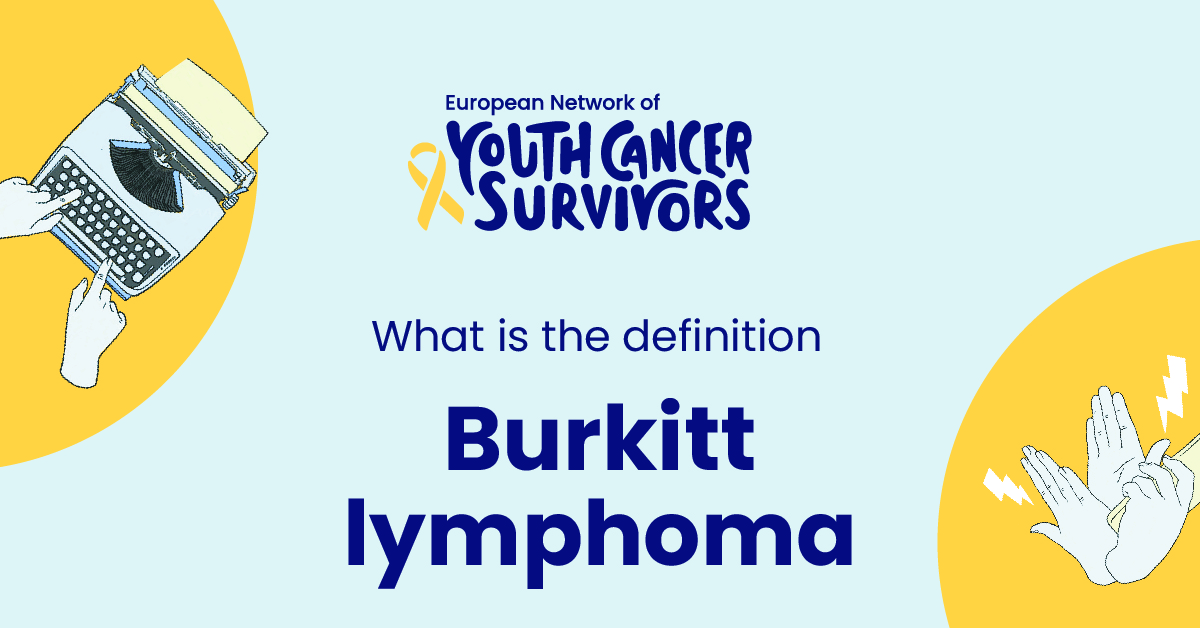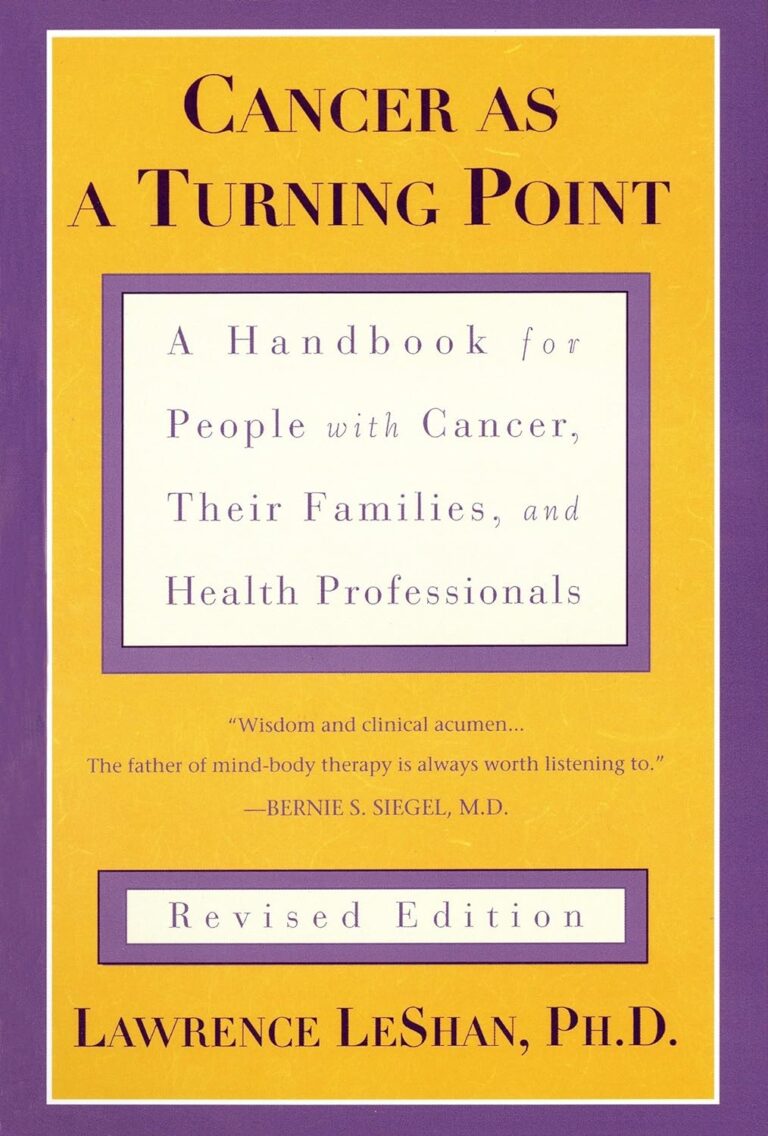
Hailed as a rare but aggressive subtype of non-Hodgkin’s lymphoma, Burkitt lymphoma warrants an in-depth exploration and understanding. This article intends to shed light on its definition, causes, symptoms, diagnostic methods, treatment options, and prognosis, with the primary goal of raising awareness and sparking a broader conversation about this specific type of cancer.
Brief Overview of Burkitt Lymphoma
Named after surgeon Denis Burkitt, who first identified the disease in African children in 1958, Burkitt lymphoma is characterized as high-grade, rapidly proliferating, non-Hodgkin’s lymphoma. While it is predominantly found in children, it can affect adults too. This condition has three known types – Endemic, Sporadic, and Immunodeficiency-related, each associated with a distinct geographic distribution and risk factors.
Importance of Understanding What Burkitt Lymphoma Is
Grasping the concept of Burkitt lymphoma contributes to early detection, timely treatment, and improved patient outcomes. It also sheds light on prevention methods, current research, and potential future developments in its therapy.
Defining Burkitt Lymphoma
Burkitt Lymphoma According to Medical Experts
Medically, Burkitt lymphoma is defined as a form of non-Hodgkin’s lymphoma that specifically affects B-lymphocytes, cells that form an integral part of our immune system. This cancer is renowned for its rapid growth rate which necessitates immediate diagnosis and treatment.
Why is It Named Burkitt Lymphoma? The History Behind the Name
The naming “Burkitt Lymphoma” is a tribute to Denis Burkitt, a British surgeon working in Africa. He first discovered this lymphoma in 1958 when he observed its high prevalence in African children and associated it with a particular fly-biting pattern.
The Causes and Risk Factors of Burkitt Lymphoma
Primary Causes of Burkitt Lymphoma
The primary cause of Burkitt lymphoma is still unclear. Nonetheless, it has been linked to specific genetic mutations, particularly affecting the gene MYC – a gene that regulates cell growth.
Identifiable Risk Factors That Can Heighten Susceptibility
Several factors increase the risk of developing Burkitt lymphoma, such as being male, having the Epstein-Barr Virus (EBV), HIV/AIDS or a weak immune system. Certain geographic locations play a role too, with endemic Burkitt lymphoma primarily occurring in malaria-endemic regions of Africa.
The Relation Between Epstein-Barr Virus and Burkitt Lymphoma
Epstein-Barr Virus (EBV), a herpes virus, has been specifically linked with Burkitt lymphoma, as evidence shows most patients have had an EBV infection prior to developing the disease. The exact mechanism of how EBV contributes to Burkitt lymphoma emergence remains under study.
Symptoms of Burkitt Lymphoma and Its Manifestations
Common Physical Symptoms
Physical symptoms vary depending on the body area affected by the lymphoma but may include abdominal pain, loss of appetite, night sweats, fatigue, and rapidly enlarging lymph nodes.
Cognitive and Psychological Signs
Unlike physical symptoms, psychological signs are not unique to Burkitt lymphoma but can result from cancer fatigue, depression, anxiety, or the side effects of treatment. Behaviour changes, confusion, or memory problems may also occur if the lymphoma has spread to the central nervous system.
Understanding the Progression of Symptoms
Given its growth rate, symptoms of Burkitt lymphoma can advance rapidly within a few weeks or even days, requiring immediate medical attention.
Diagnostic Procedures for Burkitt Lymphoma
Role of Medical History and Physical Examination
In diagnosing Burkitt lymphoma, physicians consider the patient’s medical history and conduct a comprehensive physical examination to detect any enlarged lymph nodes or abnormal organ enlargement.
Laboratory Tests Used in Diagnosis
Certain laboratory tests, including blood tests, lumbar puncture, and tissue biopsies, can help establish a diagnosis. Biopsies—particularly bone marrow and lymph node biopsies—are crucial in confirming Burkitt lymphoma.
Imaging Procedures and Their Effectiveness
Imaging techniques, such as computed tomography (CT) scans, magnetic resonance imaging (MRI), and positron emission tomography (PET) scans, can help identify the extent of disease spread.
Treatment Options for Burkitt Lymphoma
Overview of Standard Treatment Approaches
Due to its aggressiveness, standard treatment approaches involve intensive chemotherapy, often combined with rituximab, a monoclonal antibody targeting B-cells, and central nervous system prophylaxis to prevent cancer from spreading to the brain and spinal cord.
Breakdown on Chemotherapy for Burkitt Lymphoma
Chemotherapy protocols for Burkitt lymphoma are combinatorial and involve multiple drugs administered in high doses over a short time. Due to the high toxicity of these drugs, supportive care, including anti-nausea medications and blood transfusions, is necessary.
The Role of Immunotherapy and Bone Marrow Transplant
Immunotherapy, particularly the use of rituximab, has shown promise in improving patient outcomes. For patients who do not respond to initial treatment or relapse, bone marrow (stem cell) transplant may be considered.
Get to know us better
If you are reading this, you are in the right place – we do not care who you are and what you do, press the button and follow discussions live

Prognosis and Living with Burkitt Lymphoma
Expected Prognosis for Burkitt Lymphoma Patients
The prognosis of Burkitt lymphoma varies based on factors such as patient age, the spread of the disease, and the individual’s general health. However, with early diagnosis and prompt treatment, survival rates have increased significantly in recent years.
Impact on Quality of Life and Adjustments to Make
Living with Burkitt lymphoma can significantly impact quality of life due to both the disease and its intensive treatments, requiring substantial adjustments. Following a healthful diet, maintaining physical activity, seeking psychological support, and regular medical follow-ups can aid in managing these impacts and improving life quality.
Conclusion
Recap of Key Points on Burkitt Lymphoma
Burkitt lymphoma, an aggressive form of non-Hodgkin lymphoma, boasts rapid proliferation and complex biochemical mechanics. Having dense clinical understanding and early detection can dramatically improve the patient’s prognosis.
The Importance of Early Diagnosis and Treatment
Given its fast growth rate, it’s critical to diagnose and treat Burkitt lymphoma early to enhance survival rates and minimise treatment side effects.
Frequently Asked Questions
- What Is the Incidence Rate of Burkitt Lymphoma in Adults and Children?
The incidence rate of Burkitt lymphoma varies globally. In the United States, it accounts for 1-2% of all adult lymphomas, and about 40% of pediatric lymphomas.
- Can Burkitt Lymphoma Be Prevented?
Given that its exact cause is unknown, prevention of Burkitt lymphoma is challenging. However, early detection through regular medical check-ups can improve prognosis.
- What Is the Survival Rate for Burkitt Lymphoma Patients?
The survival rate for Burkitt lymphoma differs based on age, disease stage, and response to treatment. However, in children, cure rates can exceed 90% with intensive chemotherapy.
- Are There Specific Populations or Geographic Areas More Prone to Burkitt Lymphoma?
The endemic variant of Burkitt lymphoma is more common in certain areas of Africa. Meanwhile, the sporadic form can occur anywhere, albeit at lower rates. Populations with weakened immune systems or living with HIV/AIDS are at higher risk.
- How Is Burkitt Lymphoma Different from Other Types of Lymphoma?
Burkitt lymphoma is distinguished by the speed of its growth and its association with genetic mutations, specifically in the MYC gene. Additionally, it primarily targets B-lymphocytes, a type of white blood cell, and can manifest in various parts of the body.

















Comments
Thank you. Comment sent for approval.
Something is wrong, try again later